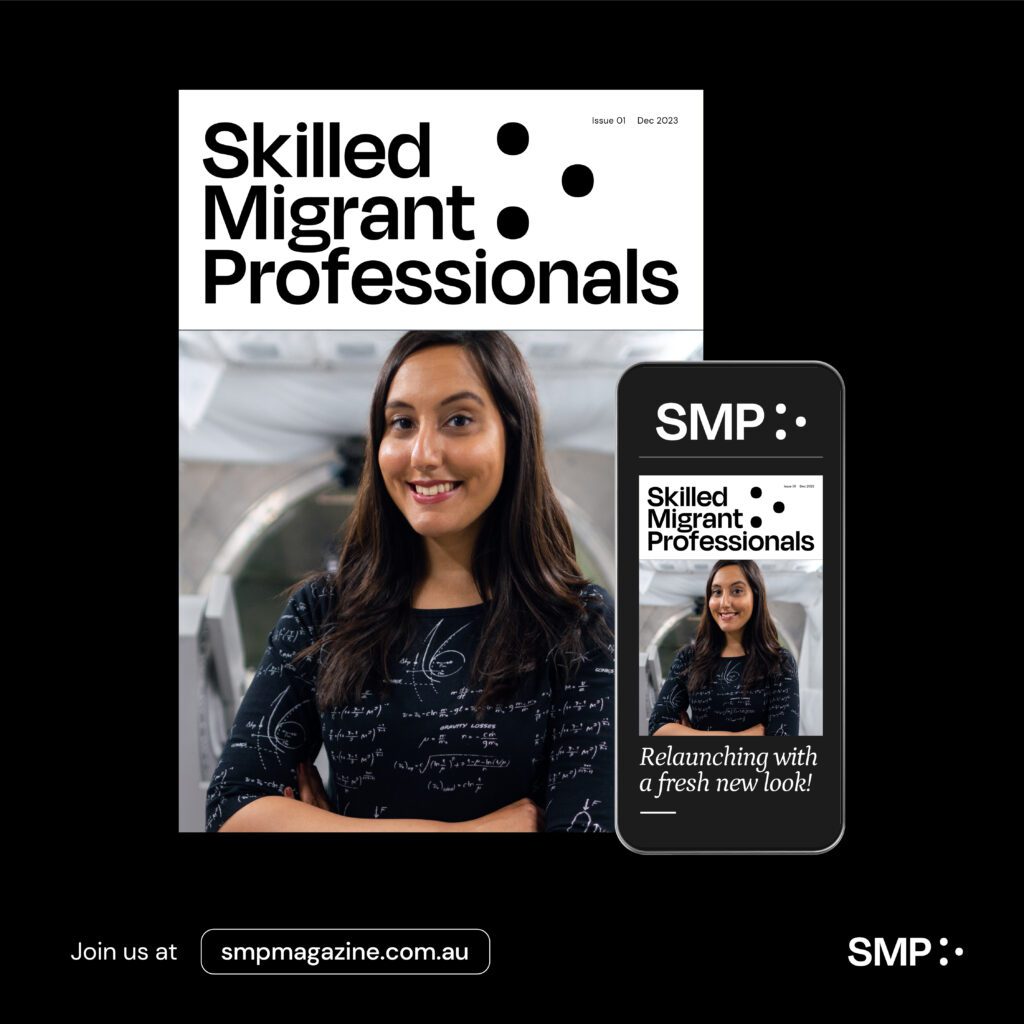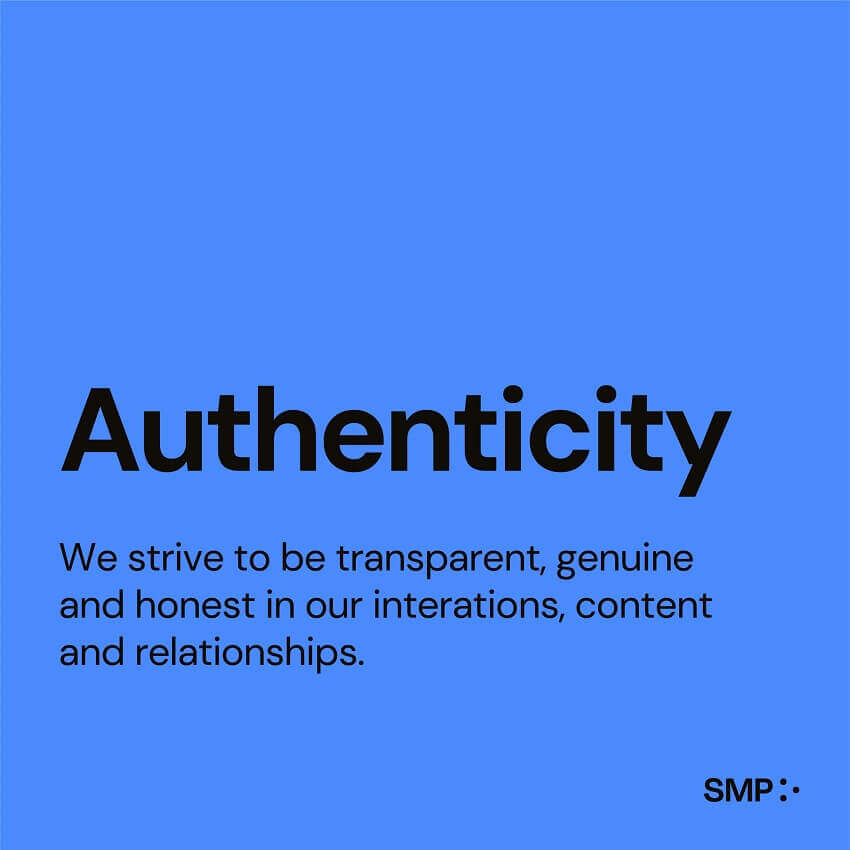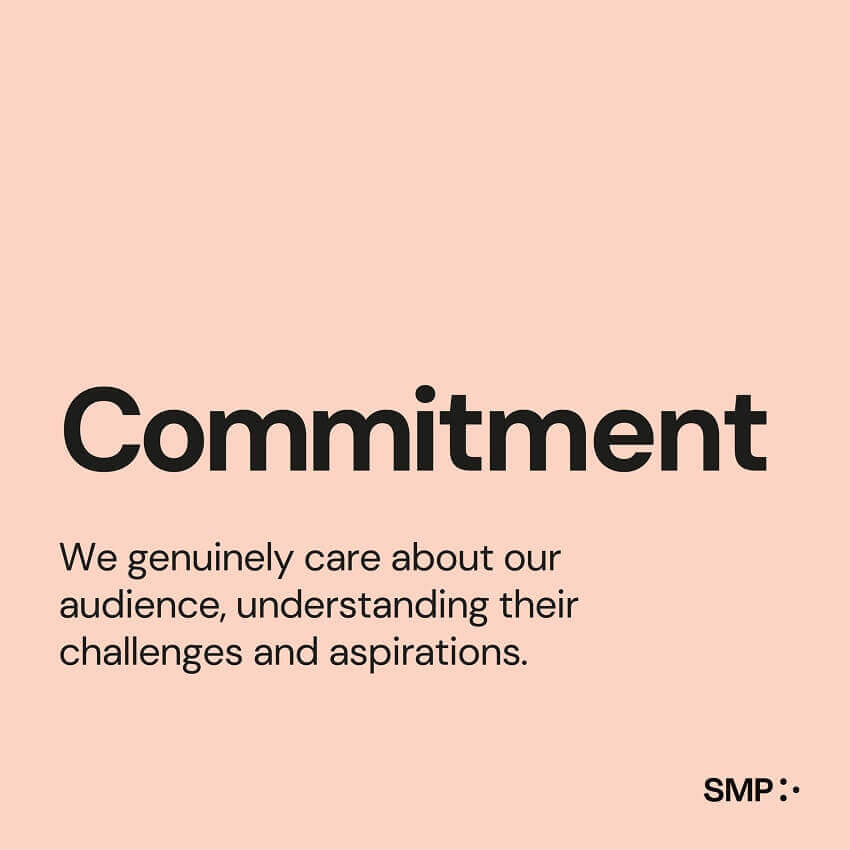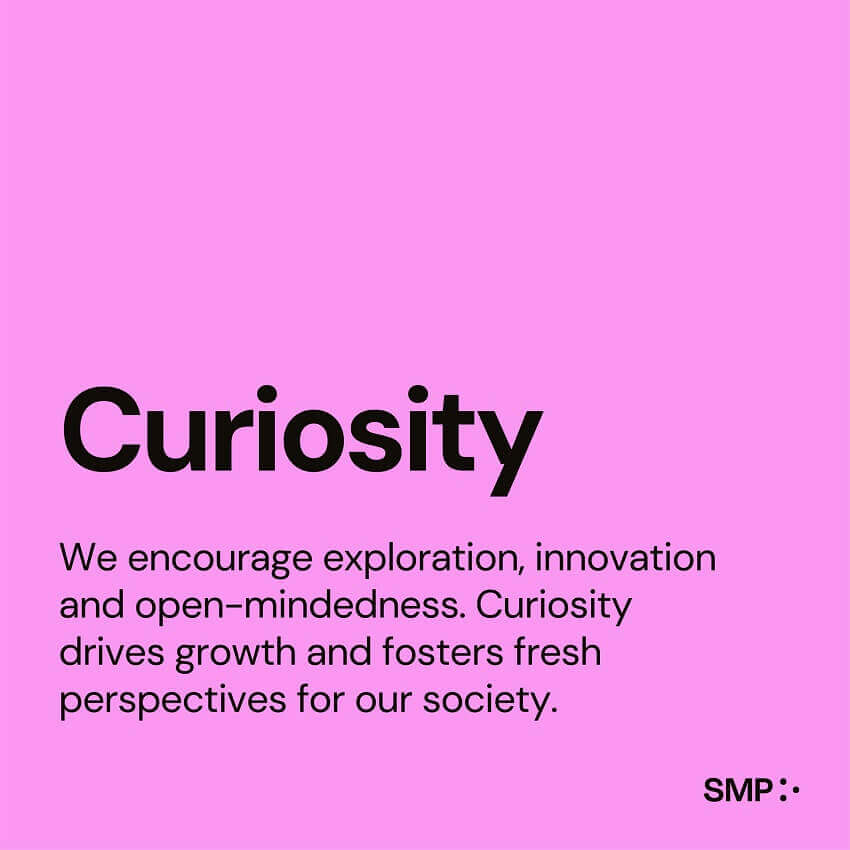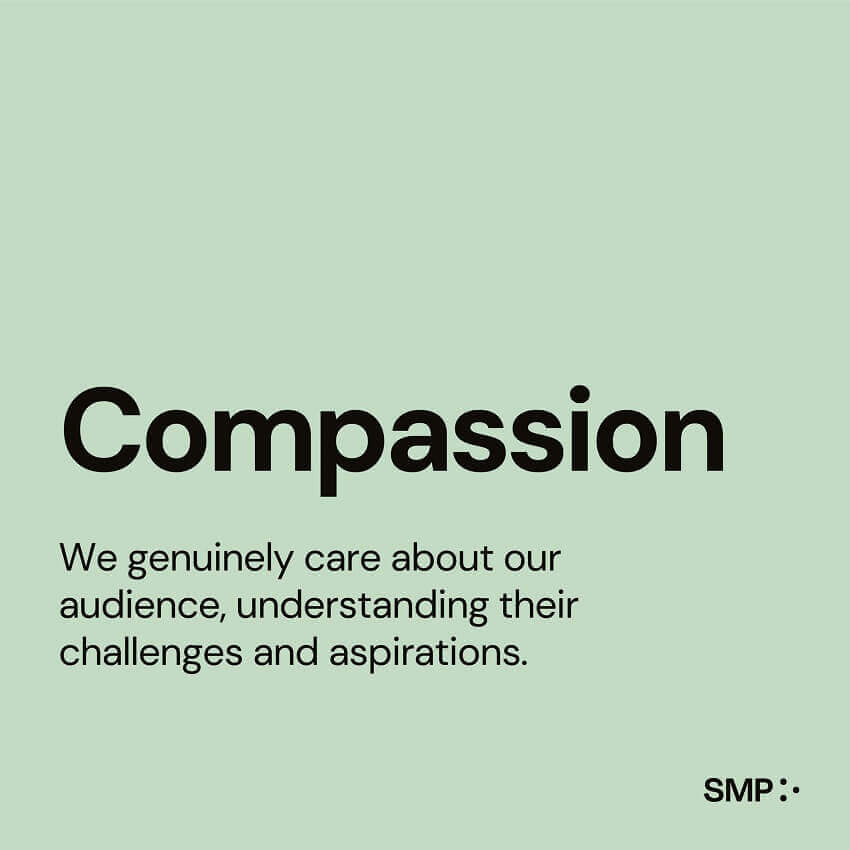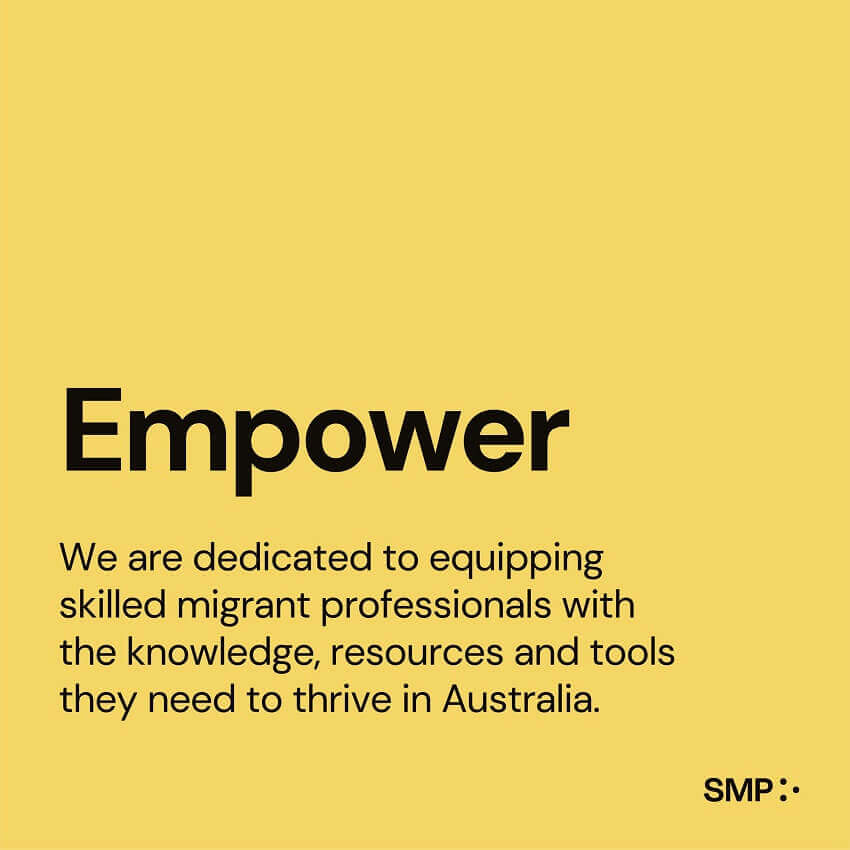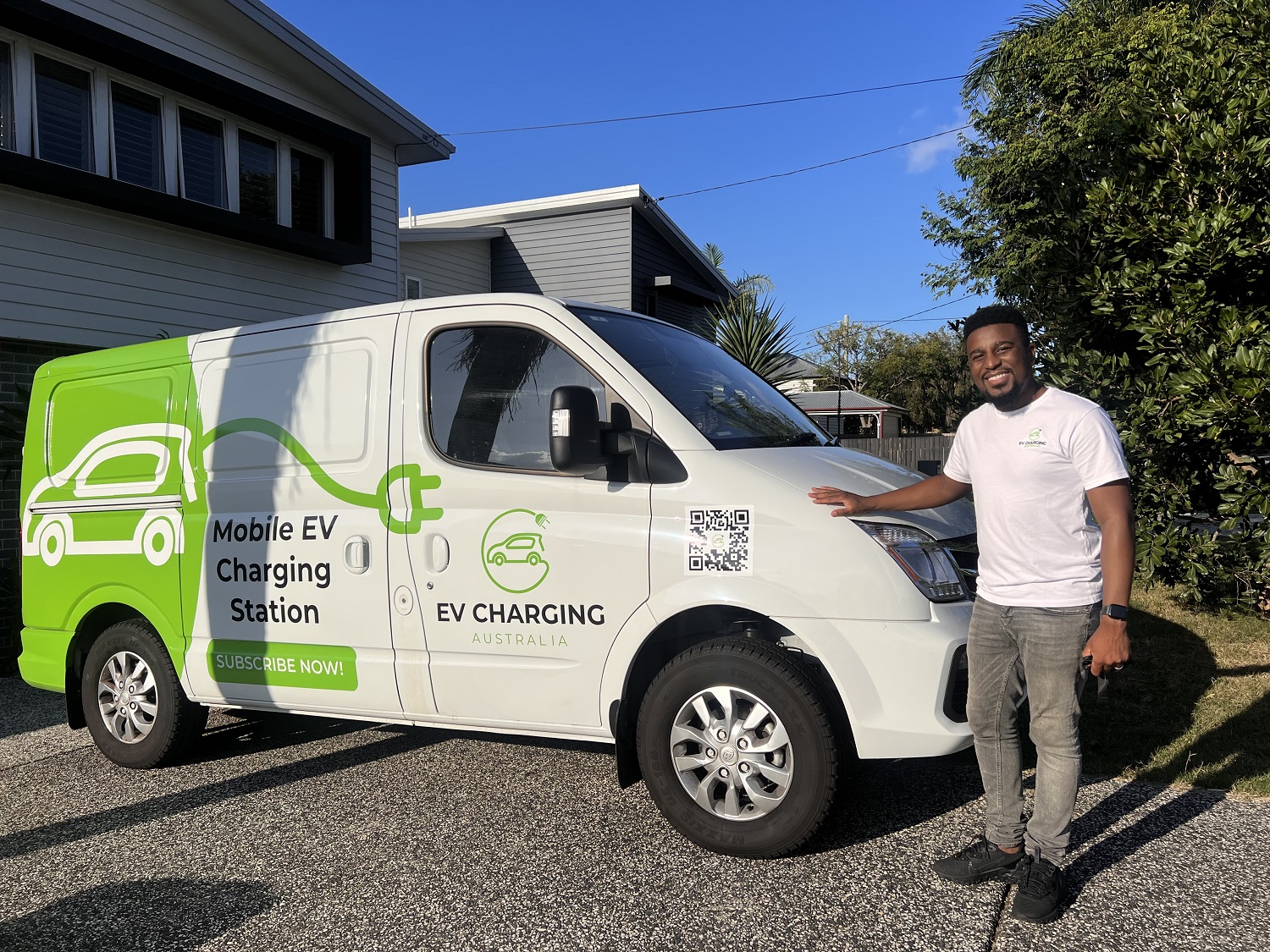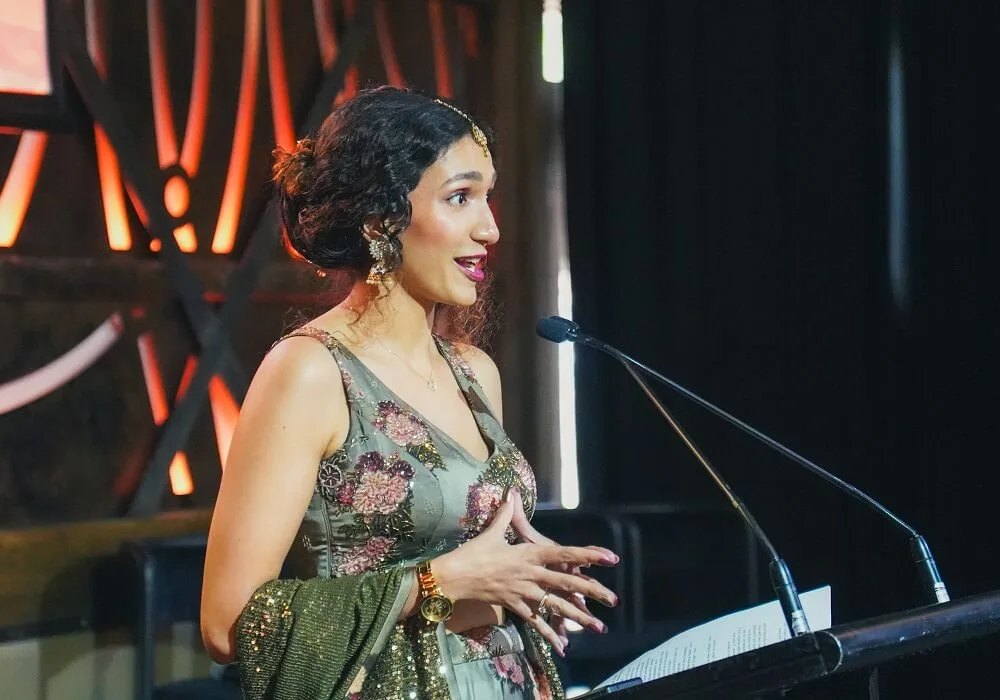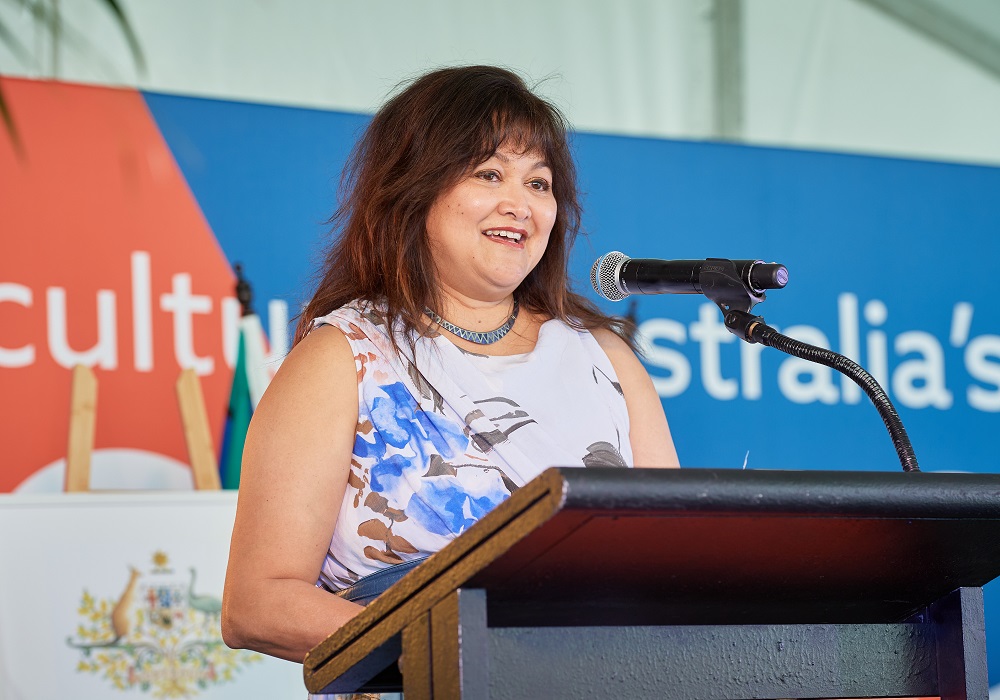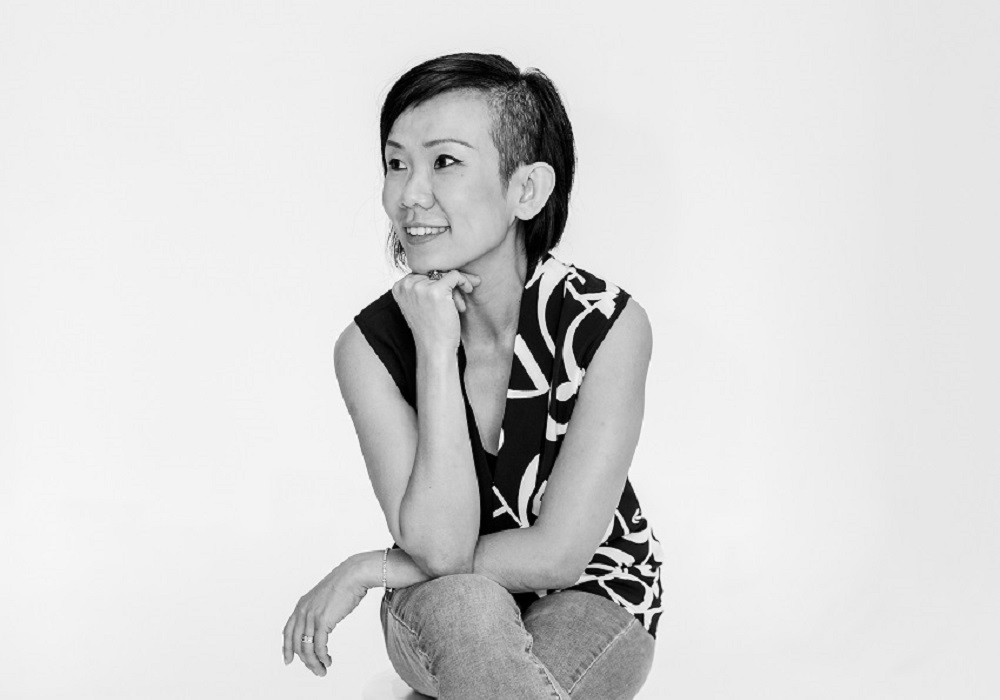With over 18 years of experience in Queensland’s settlement and community services sector, Kenny Duke serves as the Community Connections and Wellbeing lead at SSI. Passionate about supporting young people from migrant and refugee backgrounds, Kenny is actively involved in MYAN Australia through Multicultural Youth Queensland (MyQ). Additionally, she contributes to the Queensland Multicultural Minister’s Advisory Council and strives to preserve her Salvadoran culture through the Tazumal Salvadoran Dance Group. Recognising the richness of multicultural narratives, Kenny leads initiatives like World of Cultures in Logan, advocating for diverse communities and their stories.
My name is Irma Kenny Duke Lopez, but everyone knows me as Kenny. I work for SSI, an organisation deeply involved in settlement and social services across Queensland, New South Wales, and Victoria. Originally from El Salvador, my family came as refugees during the civil war, and I grew up in a multicultural environment. I was heavily involved in the Salvadorian dance group and many other cultural and community activities.
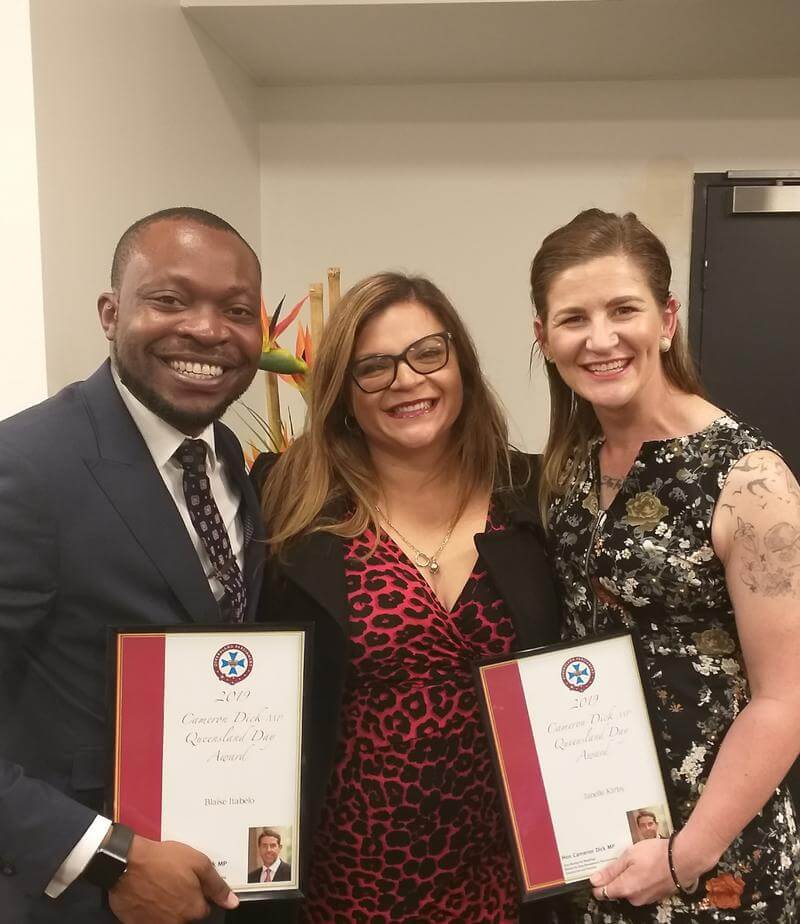
This upbringing shaped my passion for community work and advocacy, especially in empowering marginalised groups to connect with their culture and identity.
Being one of the first families that arrived in Logan from El Salvadore, gave me an early grounding in community work. It felt natural to help others settle in and navigate the complexities they faced. I was fortunate to be mentored by the wonderful Gail Ker who has done so much for the Logan region.
From advocating for family and early years programs to working closely with various cultural groups, my focus has always been on amplifying voices and creating opportunities for growth and empowerment. My natural curiosity made me question a system in which people who bring overseas expertise and multiple languages fail to succeed.
Networking and connections, whether through events, workshops, or platforms like LinkedIn, have been crucial in understanding the needs and struggles within communities. Through my experiences, I’ve realised the importance of recognising and utilising cultural expertise, lived experiences, and community voices in policy design and implementation.
One significant challenge I’ve encountered is the lack of recognition of prior learning and qualifications, particularly for migrants and refugees. Despite having relevant degrees and skills, many face barriers in obtaining recognition and access to professional opportunities. This issue extends to language proficiency tests and rigid registration requirements, hindering individuals from fully realising their potential. The example of highly qualified people being unable to work in their fields and driving taxis instead is very real – that happened with my own father.
Practical solutions involve fostering genuine partnerships with communities, listening to their experiences, and addressing systemic barriers. Recognising cultural diversity as a strength rather than a deficit is essential in creating inclusive policies and pathways for all individuals.
A key aspect of my advocacy involves promoting collective impact and place-based initiatives. By involving communities in the design and implementation of programs, we ensure they address specific needs effectively. However, scaling such initiatives requires understanding the unique dynamics of each community and fostering two-way learning between stakeholders.
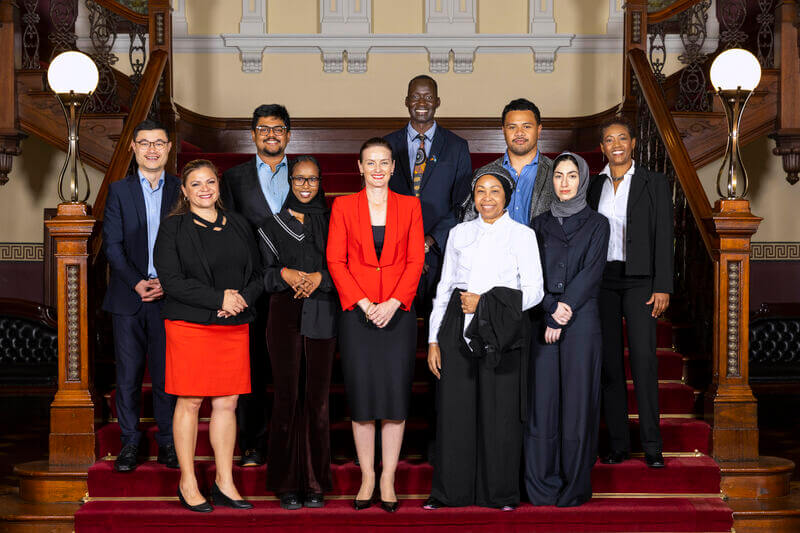
Another crucial aspect is addressing discrimination and racism, especially in educational and professional settings. Negative experiences and biased attitudes can deter individuals from pursuing their dreams and contribute to disengagement.
Young people, in particular, need positive mentors and teachers who focus on what they can achieve, rather than limiting their students’ outlooks.
Cultivating cultural competence and providing equitable opportunities are essential steps toward fostering a more inclusive society.
Additionally, remunerating community leaders and recognising their invaluable contributions is vital in sustaining meaningful change. Too often, individuals are expected to volunteer their time and expertise without proper compensation, leading to burnout and distrust. Simple gestures, like providing child-minding for mothers attending consultation sessions, go a long way to ensuring that every voice is heard.
Policy makers need to involve elders and leaders in community conversations.
In my work at Logan Together, we’re drawing on successful models seen in African villages, yet the rollout of these approaches on a larger scale remains limited, often confined to pilot projects without guarantees. We recognise the importance of tapping into lived experiences to address issues like poverty and support for working mothers. To include diverse voices at the table requires accessibility and clarity of language to empower all participants, regardless of their background or ability to navigate complex systems.
As we commemorate International Women’s Day, it’s essential to recognise the intersectionality of gender, race, and socio-economic status in advocating for equity and change. We all have a responsibility to challenge existing norms, amplify marginalised voices, and strive for a more inclusive and equitable society.
Through honest conversations and collective action, we can drive meaningful progress and create a future where everyone has the opportunity to thrive.
Contact Kenny
LinkedIn: https://www.linkedin.com/in/kenny-duke-aa31bb65

